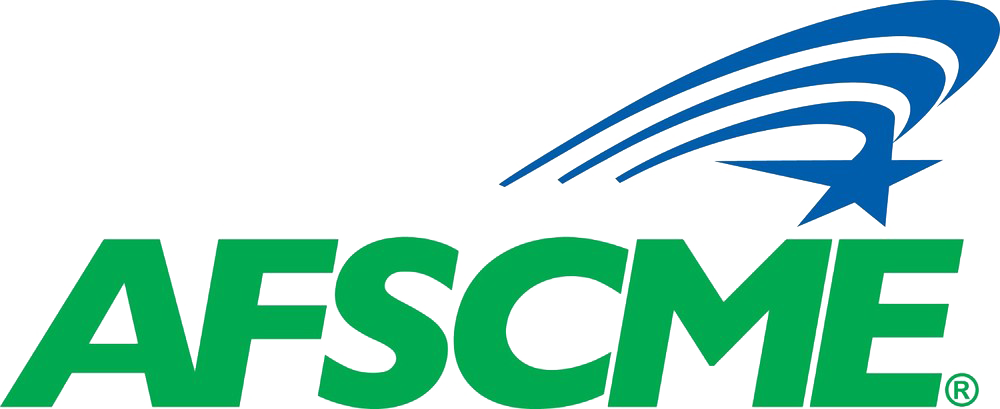Unremote-ing, Insurance Cost Shifts: Less Divisive?
If negotiations for the next State of Minnesota AFSCME contract began well, a couple of significant sticking points are not looking good. Members (only!) can check C5's member link for current details. Let's define a "significant" matter about in contract negotiations as one serious enough to get a die-hard forever non-dues-payer to start paying dues, either to AFSCME or MAPE, just to see first hand, unfiltered, WTF is going on. MAPE, MGEC of course are always 'ditto' after the avant guarde AFSCME has set the pattern (common benefits etc.) in insurance collective bargaining.
Raises are aren't always a common cause connecting every working person. There was noisy dissent, division and disappointment at the current contract's 8% raise over two years. Was an 8% raise something people wanted? Was 8% not enough? Depends who is asked. Did those 8% raises for break Minnesota's budget for the next biennium?
In 2025, there's no denying as this country ages, factory and manufacturing jobs are fewer, or are not getting applied for at the wages offered, as need for labor concentrates in nursing and health care. The next AFSCME contract comes at a time doctors held in thrall to restrictive hospital agreements are forming unions and one can count insolvent Minnesota hospitals that face closure. Compared with other countries, more Americans are facing chronic health conditions. Every contract AFSCME's had shows employees are asked to participate in shouldering health insurance premium increases. But the current employer health insurance proposal shows premiums increases up to 20% for families, and another proposal has a deductible reaching 5 digits.
There is today more, not less, deadly mortal risk doing any job directly facing the public. Public employment - sounds risky, but reflect a moment. Have you personally risked your life to save someone you do not know as something expected doing your job? Nurses, doctors, first responders, peace officers - not just MnDOT plowing highways, but all who track inventory, do maintenance work for public thoroughfares, care for others or enforce laws: if not retiring early, these workers often end up sleepless, burned-out, get denied leave in spirals of understaffing, or suffer nightmares about having to do undoable things. Every worker in positions facing public troubles, serving public needs, come now, everyone raise their hand if they've seen some awful sight that cannot be unseen in that line of duty. Thank yous are appropriate, not cost shifts.
Workers able to 'enjoy' remote work do get a better shot at raising their families. Is that advantage fair? Do better families matter, or not? Don't be too quick to answer that. Would you start a family for only $5000? Has anyone noticed what a month of day care runs these days? Decisions about working conditions, or pay and insurance benefits, need to be made with members’ voices and consent at a proper negotiation table to be mutually agreed on to become acceptable, respectful changes in contractual workplace terms and conditions.
AFSCME Council 5 Executive Director Bart Andersen said:
"Let me be perfectly clear: as Executive Director of AFSCME Council 5, representing more than 18,000 state employees, we will not tolerate unilateral changes to our members’ work. The Administration’s decision to impose sweeping workplace policy changes without engaging our union and labor partners first is not just unacceptable—it’s an act of blatant disrespect. Our union members must have and deserve a seat at the table every step of the way. We are demanding full transparency and meaningful dialogue immediately. AFSCME Council 5, alongside our fellow labor union partners, will do whatever it takes to defend our members’ rights, safeguard their ability to work safely and effectively, and continue delivering high-quality public services for all Minnesotans."
https://lowwagelifestyle.blogspot.com/2024/12/chatgpt-can-make-mistakes-...

